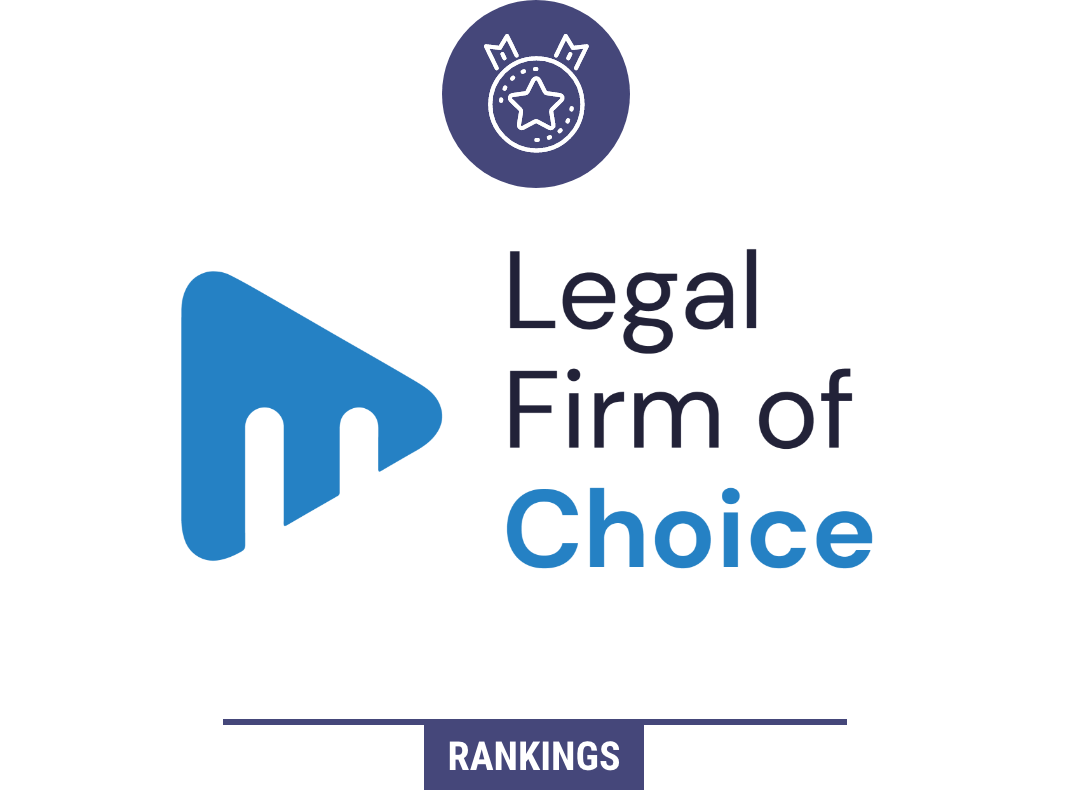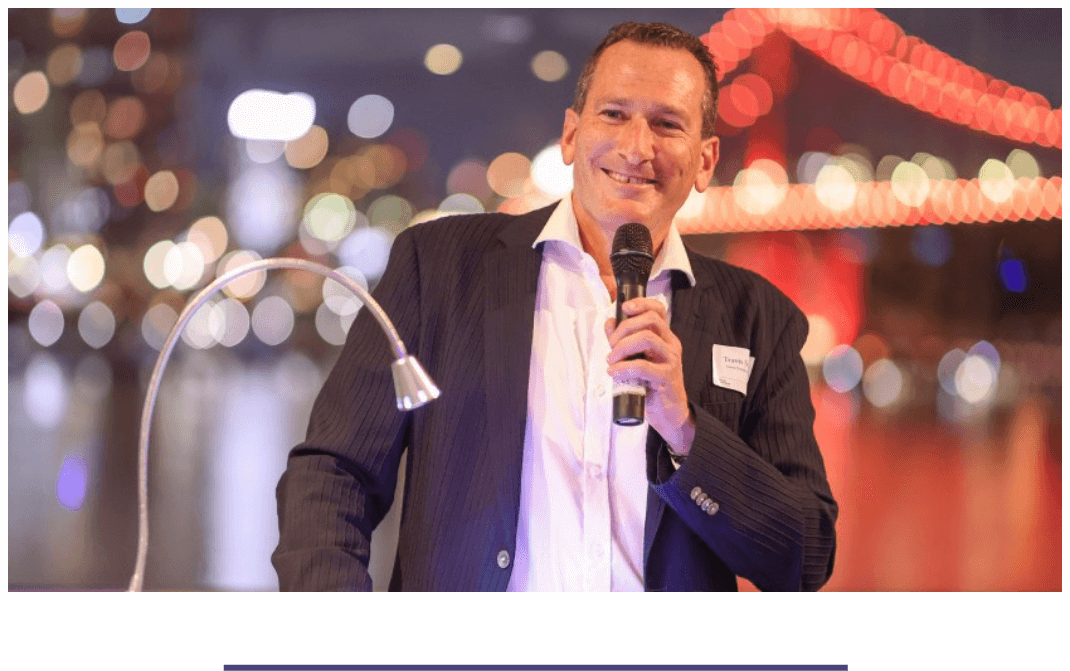A cross the world, workforces are experiencing collective fatigue, with the legal profession being no exception. Organisations, more than ever before, are being required to support their employee’s wellbeing and create a working environment people want to be in — or risk losing them.
In order to make improvements to a working environment, firms need to place a greater importance on culture, as initiatives to attract and retain staff move up the priority list for firms of all shapes and sizes.
Retaining staff amid the Great Resignation
After COVID-19 and statewide lockdowns caused an extreme “shake-up” in working environments and practices, the legal industry was forced to enact changes in order to keep up with newer ways of working.
The pandemic also highlighted, according to Coaching Advocates founder and director Lara Wentworth, the varying degrees of personality, talent, values and needs of lawyers, forcing firms to pay more attention and take these differences into consideration when hiring.
“Firms who have, in the past, treated their lawyers as machines or robots are facing the reality now that in order to attract and retain staff, they need to think of them and treat them as human beings first. This means having genuine conversations with them about what really matters to them, how they are motivated, what their goals are and developing and building their people. We have seen a record number of promotions and pay rises over the past nine months by BigLaw firms all in an effort to retain their talent,” she said.
“Despite this, the mass exodus dubbed the Great Resignation still hit our shores leaving law firms scratching their heads thinking of ways to attract and retain their staff. The key takeaway for law firms is that their staff’s satisfaction at work has been recalibrated and whilst pay is important, more pay will not work to increase job satisfaction; and leadership, communication, people development and culture has become more important than ever to tap into staff’s motivation and increased job satisfaction.”










